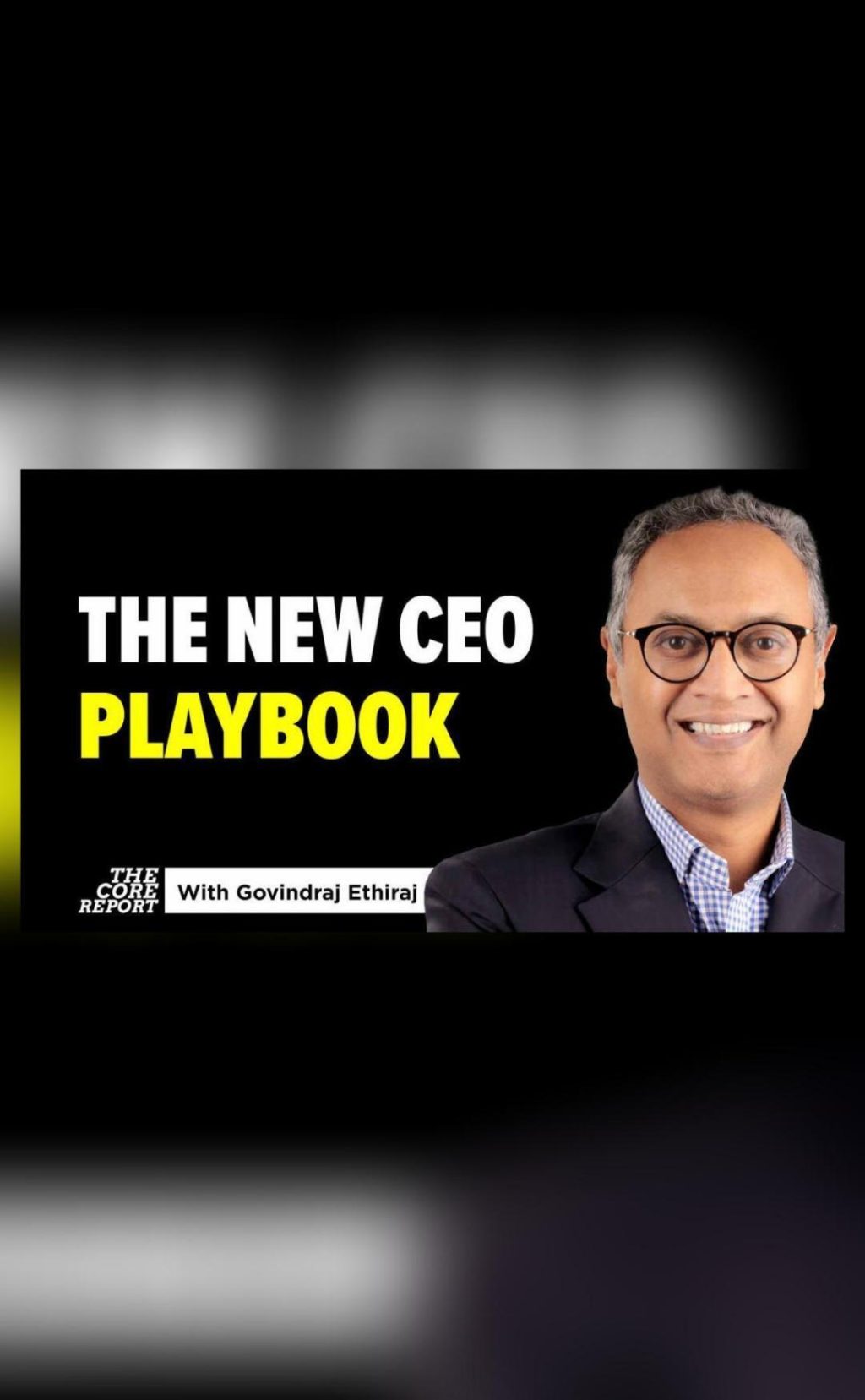
The New CEO Playbook: AI Pressures & Global Tariff Shocks
The business landscape has never been more challenging for CEOs. Artificial intelligence (AI) is revolutionizing industries, forcing companies to innovate or risk being left behind. Meanwhile, global tariff shocks are disrupting trade policies, sending shockwaves through supply chains and markets. In this unprecedented environment, CEOs are being pushed to rethink their strategies, operations, and even their business models.
As AI reshapes industries, CEOs are under intense pressure to automate and innovate. AI’s potential to enhance efficiency, reduce costs, and improve customer experiences is undeniable. However, the rapid pace of AI adoption has created a sense of urgency, as companies struggle to keep pace with the competition. According to a recent survey by PwC, 63% of CEOs believe AI will be a key driver of growth in the next five years. But, with AI’s potential benefits come significant challenges, including the need to retrain employees, ensure data security, and mitigate the risk of job displacement.
Tariff shocks, on the other hand, are a more recent phenomenon, triggered by the trade policies of major powers like the United States, China, and the European Union. The impact of tariffs on global trade has been significant, with many companies facing increased costs, reduced profit margins, and even the threat of supply chain disruption. According to the World Trade Organization, global trade has fallen by 1.2% in the first quarter of 2022, largely due to the trade tensions.
In this new reality, CEOs are being forced to adapt quickly to changing circumstances. With no guarantee of stability, companies are being pushed to localize, adapt, and reconsider long-held business models. Here are some key takeaways from the new CEO playbook:
1. Embrace AI-driven innovation
AI is no longer a nice-to-have, but a must-have for companies that want to stay competitive. CEOs must invest in AI research and development, and encourage a culture of innovation within their organizations. This may involve partnering with startups, acquiring AI talent, or collaborating with other companies to share knowledge and resources.
2. Diversify supply chains
Tariff shocks have highlighted the risks of relying on a single supply chain or supplier. CEOs must diversify their supply chains, exploring new markets, partners, and suppliers to reduce dependence on any one source. This may involve investing in local production, nearshoring, or reshoring operations.
3. Rethink global trade strategies
The era of free-trade agreements is giving way to a more protectionist landscape. CEOs must rethink their global trade strategies, taking into account the shifting trade policies of major powers. This may involve negotiating new trade deals, diversifying markets, or investing in local production.
4. Foster a culture of resilience
The ability to adapt quickly to changing circumstances is now a key differentiator between successful and unsuccessful companies. CEOs must foster a culture of resilience within their organizations, encouraging employees to be agile, innovative, and responsive to changing circumstances.
5. Prioritize talent development
As AI reshapes industries, companies will need skilled workers to operate and maintain AI systems. CEOs must prioritize talent development, investing in employee training, upskilling, and reskilling programs to ensure that their workforces are equipped to thrive in an AI-driven world.
6. Focus on sustainability
The new CEO playbook is not just about surviving in a rapidly-changing world, but also about thriving in a sustainable way. CEOs must prioritize sustainability, investing in green technologies, reducing waste, and promoting environmental stewardship.
Conclusion
The new CEO playbook is a complex and rapidly-evolving document, demanding a deep understanding of AI, trade policies, and global markets. However, for companies that can adapt and innovate, the rewards will be significant. By embracing AI-driven innovation, diversifying supply chains, and prioritizing talent development, CEOs can position their companies for long-term success in an uncertain world.
News Source:






